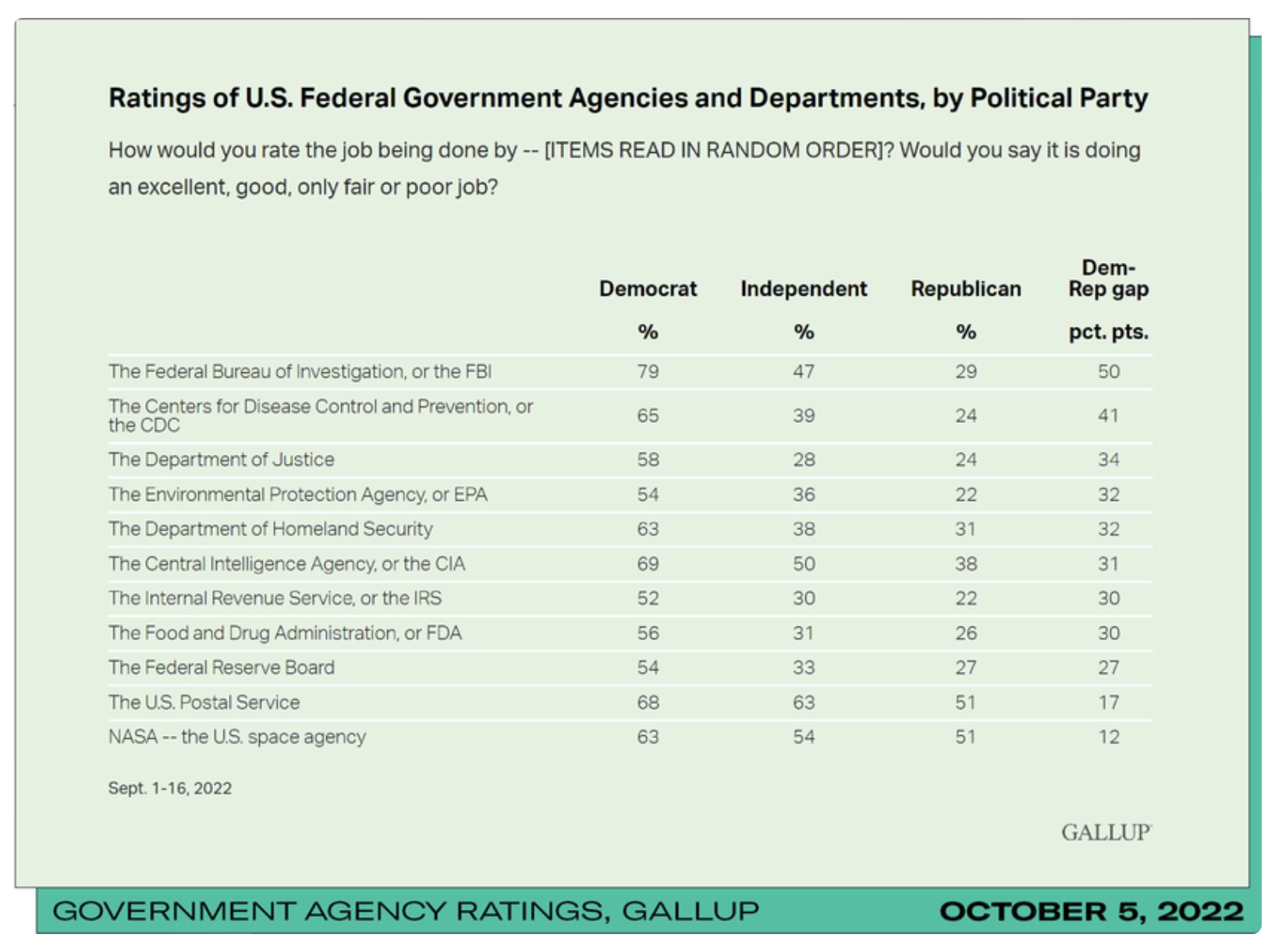How did it come to be that conservatives have become the most vocal defenders of traditional liberal values? At Public, Michael Shellenberger describes the challenge facing those of us who embrace traditional liberal values:
For most of the post-war period, liberalism in the United States was defined around freedom of speech, the needs of the working class, and the fight against racism and sexism. It was liberals who defended the right to burn the American flag, and of neo-Nazis to march through a neighborhood of Holocaust survivors. It was liberals who fought against corporate power and for the rights of working people. And it was liberals who fought to end racial segregation and to protect girls and women, including in sports.
All of that has changed. Today, it is conservatives who are fighting the racial re-segregation of classrooms and workforces by Diversity, Equity, and Inclusion (DEI) administrators in thrall to Critical Race Theory (CRT). It is conservatives who are defending the right to freedom of expression online from progressives demanding greater censorship by Big Tech and the government. And it is conservatives who are defending the rights of girls and women to female-only spaces and sports from natal males...
A similar dynamic occurred with the natural environment. After World War II, both liberals and conservatives, Democrats and Republicans, supported industrialization, economic development in poor nations, and nuclear power. Starting in the 1960s, the radical Left turned against industrialization, and started romanticizing peasant life in poor nations, while opposing nuclear energy in rich nations. The result was that Republicans were left holding positions that were once mainstream liberal ones...
As a result, conservatives find themselves in the paradoxical position of defending traditional liberal values like free speech and racial equality from progressives....
A big part of the reason as to why it has been left to conservatives to defend liberalism is because the radical Left, or what is sometimes called the Woke Left, had already defeated traditional liberals, first in major societal institutions and then in Congress, many years and some cases decades ago. [Christopher] Rufo attributes much of the radical Left’s success to its ability to manipulate language and emotions.
Traditional liberals didn’t understand who they were dealing with. The liberal university presidents, the newspaper editors, and the heads of various professional associations were committed to civil dialogue and democracy; the radical Left insurgents were not. The radical Left didn’t hesitate to use illiberal means, including making false accusations of racism, sexism, and homophobia, against their opponents...
Readers of Public know that I believe that the radical Left’s power stems from being able to offer a complete Woke religion to fill the vacuum left by declining belief in traditional religions ... Into the spiritual void emerged a new religion: victim ideology, or Wokeism.

